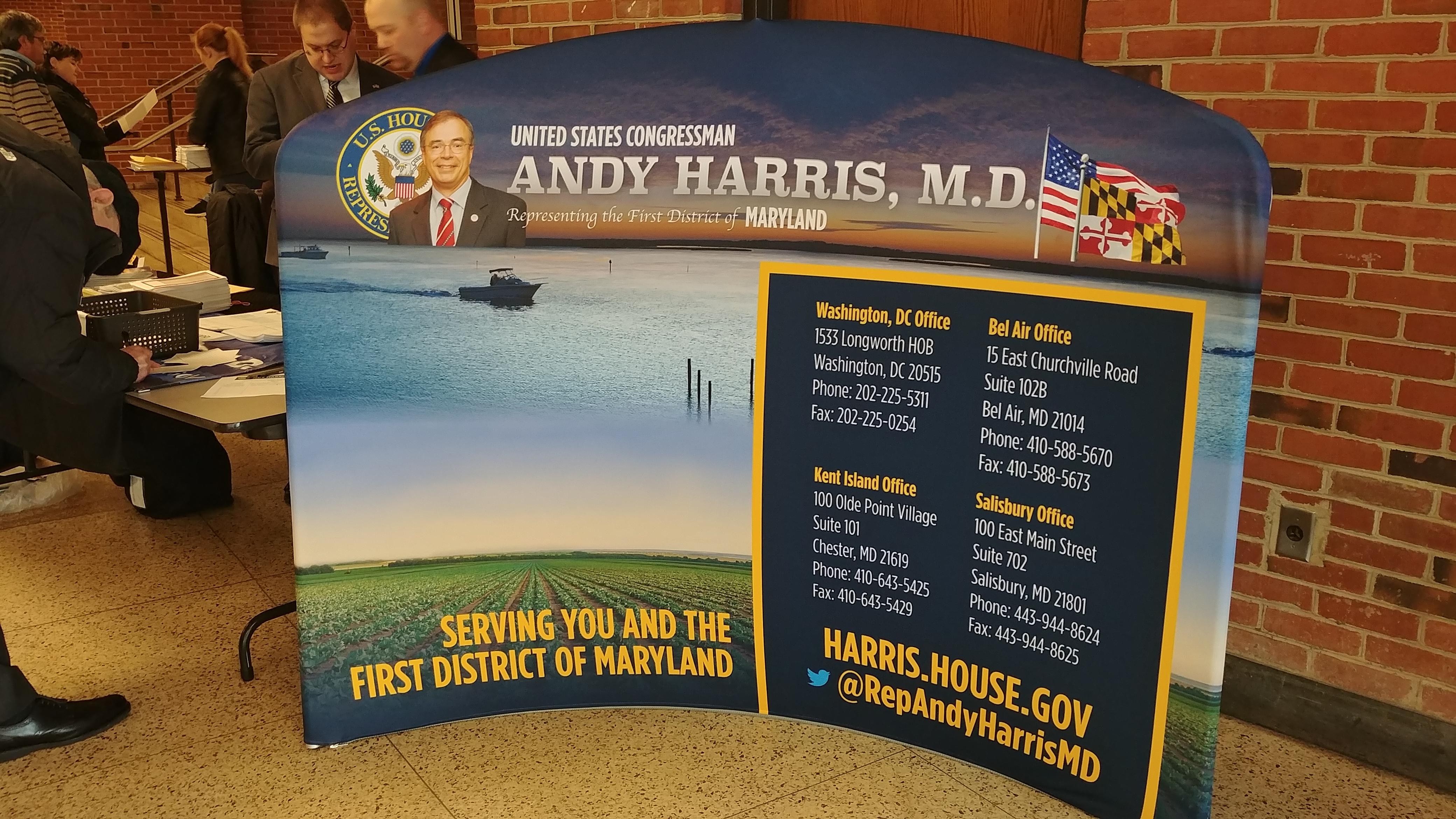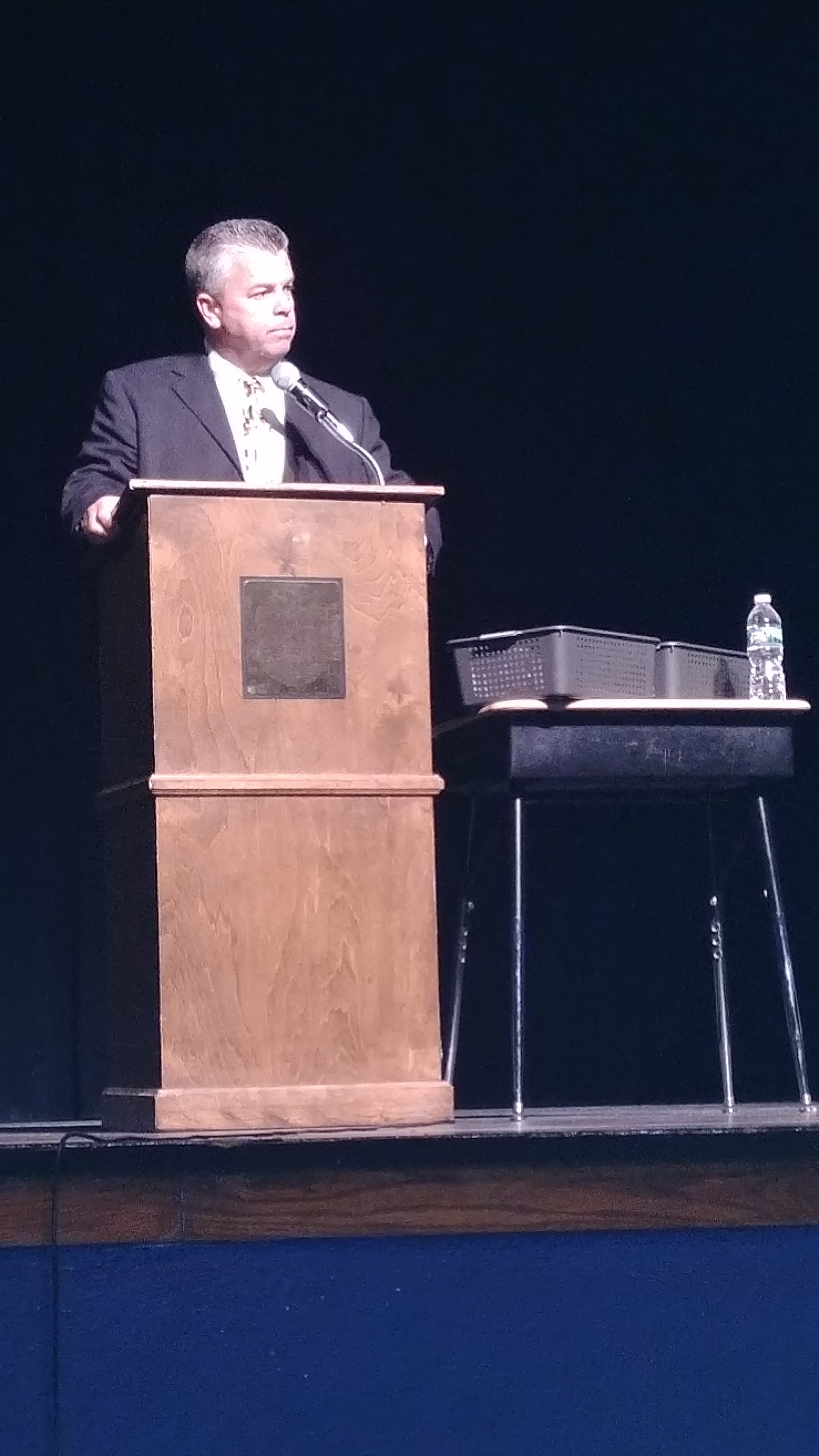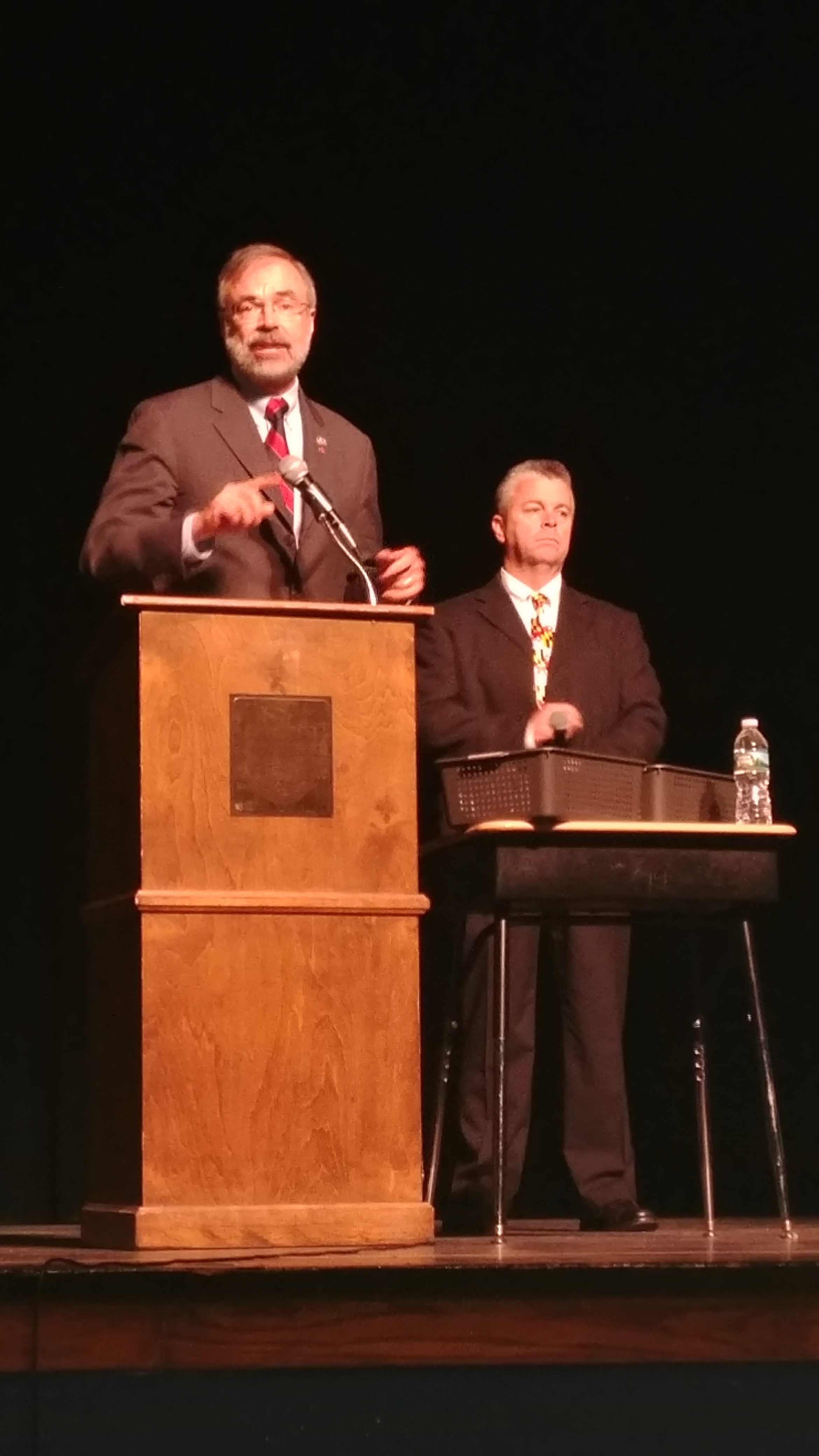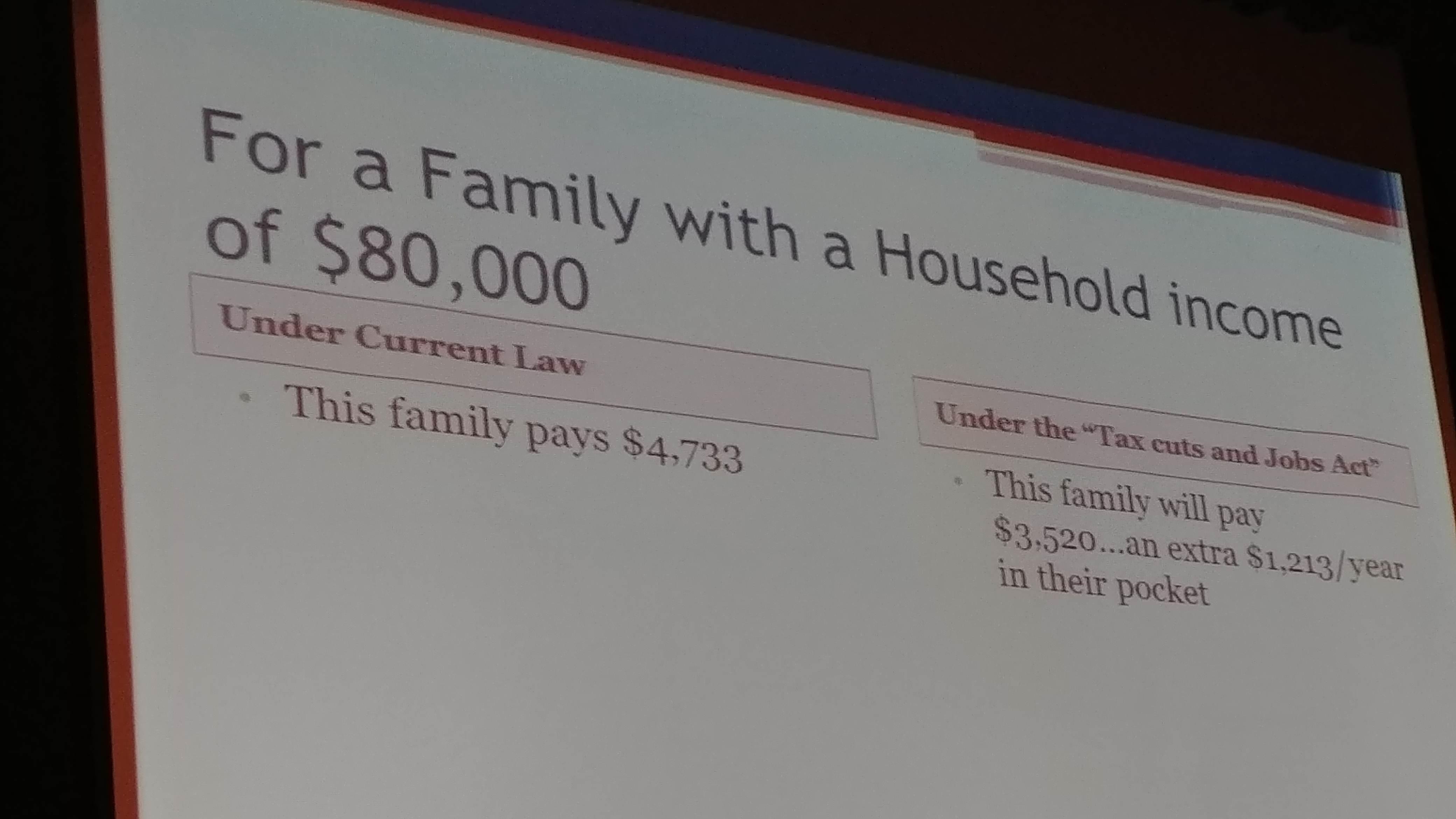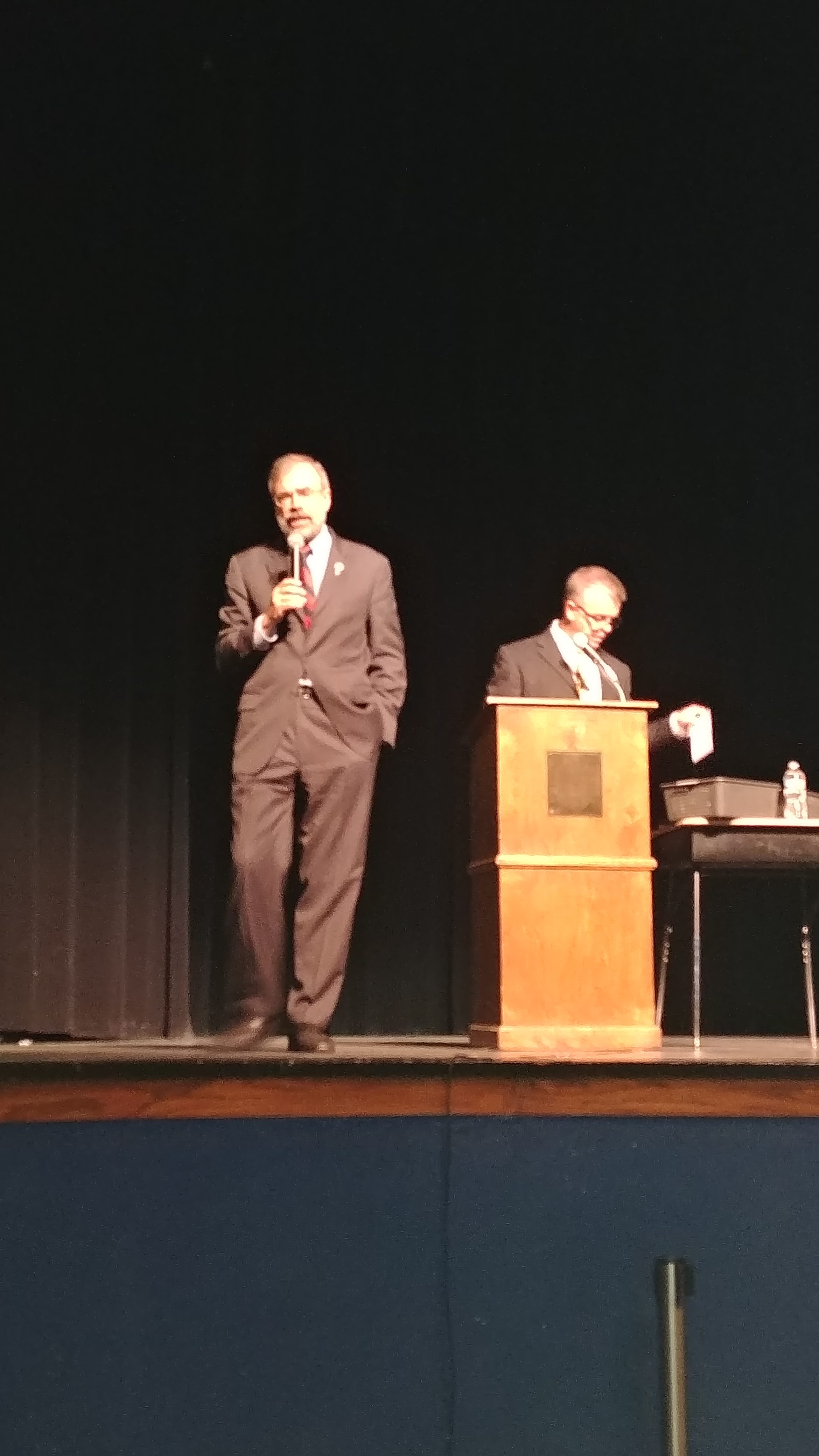This is the fifth part of a multi-part series taking a deeper dive into various important topics in the 2020 election. On the 100-point scale I am using to grade candidates, energy is worth 7 points and taxation is worth 10 points.
This section of the dossier has been revised and updated to reflect the general election field.
In returning to my dossier series after a week away, I have run into a couple of my problem children. Seeing that the candidates don’t seem to be as concerned about these issues as I am and wishing to kick start this process back up, I opted to combine the two categories into one post. I’ll begin with energy, which was supposed to be one of last week’s topics but it turns out that no one really gets into the subject. (If a candidate does, it’s either not on their site or it’s part of a much longer-form interview.)
So I asked the questions directly of the candidates: in the case of energy I wanted to know their takes on renewables, offshore drilling, and ethanol subsidies. As always, I am going by party beginning with the Republicans for House and Senate, respectively, then proceeding through the Libertarians, Independent Party of Delaware candidates, and finally the incumbent Democrats Lisa Blunt Rochester and Chris Coons for House and Senate, respectively.
Lee Murphy (R) (House)
Based on his answer I suspect we may learn more about the Murphy plan in due course, but I believe he’s trying to appease the middle with the campaign’s response, “(T)rust us when we tell you that Lee Murphy is the most evolved Republican in the state with his desire for a clean environment through incentives, not regulations and imposed costs. He wants all of us to be able to drink from the rivers in Delaware, which will take a while, even with Lee’s kind of leadership.”
In and of itself, that’s interesting. But I wonder if he’s tilting himself too far in the balance between energy and environment. I also noticed Lee’s campaign doesn’t actually address energy issues as presented, but I’m going to give him the benefit of the doubt that the “information” he has will also address energy in some manner. 2.5 points out of 7.
Lauren Witzke (R) (Senate)
Although Lauren has been active on social media, this isn’t a topic which she’s addressed directly. However, I seem to have a more open line of communication with her campaign so I may well yet have an answer. I have my hunch how it may play out, but I will hold the prediction in abeyance for now. No points.
David Rogers (L) (House)
I haven’t come across anything from Rogers on the subject. No points.
Nadine Frost (L) (Senate)
The same goes for his Libertarian partner, which is a shame. No points.
Catherine Stonestreet Purcell (IPoD) (House)
This sort of scares me: “Reach a sustainable equilibrium between the environment, energy and the economy that best suits the people and our planet.” The planet is far more resilient than the people, don’cha know?
She also advocates for, “free and clean energy programs that don’t damage our environment.” Given the order presented, I think her priorities aren’t in line with mine. 1 point out of 7.
Mark Turley (IPoD) (Senate)
Turley wants to, “Work to achieve an effective mix of energy including renewables and drive effective policies to protect our environment.” He also would have supported extension of tax breaks for renewables, which I don’t support. 1 point out of 7.
Lisa Blunt Rochester (incumbent D) (House)
Given this topic so far, it may be best that she says nothing. No points.
Chris Coons (incumbent D) (Senate)
It goes from bad to worse. “Chris is a leading voice in the effort to pass legislation to put a price on carbon emissions, one of the most effective and practical solutions we have available to address the dangerous warming of our planet.” It’s called a tax and it’s the last thing our economy needs. And as I always ask: do you know exactly what our optimum climate is?
You don’t, do you? So how can you say, “Climate change is an existential threat that must be taken seriously. That’s why I’ve fought to increase renewable energy, cut carbon emissions, opposed offshore drilling, and created the first bipartisan Climate Solutions Caucus.” You fought wrong, and this is about the third category in a row in which I wish I could give you negative points. Needless to say, 0 points out of 7.
Now I’m going to switch gears and tackle taxation, which is worth 10 points.
My initial query has been along the lines of thoughts on the Trump tax cuts, but the only short answer I received at the time I did this originally was from one of those who didn’t survive the primary, Matt Morris. Among his answers was taxing legalized marijuana.
And the recent passing of Herman Cain reminds us there are other revenue ideas out there besides Mary Jane. Cain was most famous for the 9-9-9 plan, which was a combination where the income tax rate for all payers, the business tax rate, and a national sales tax would all be 9%. Presumably the belief was that the lower income tax rate would put more take-home money in paychecks, the lower business tax rate would improve profitability and encourage investment, and any resulting shortfall to the federal treasury would be made up by the new sales tax, which would add $9 to an item costing $100. (This is a similar idea to the FairTax, which has long been a consumption-based tax proposal.) Cain’s hybrid system would have limited the dependence of the government on income tax and spread the burden more equally as opposed to the steeply progressive and complicated tax system we have now.
So I wanted to have the candidates enhance their take on it, either by message or by comment here. Fortunately I was able to scrounge up a little bit in the interim from some participants; still, these categories were like pulling teeth.
Lee Murphy (R) (House)
Murphy has the stock Republican answer of passing middle-class and business tax cuts. It’s not much but better than nothing. 3 points out of 10.
Lauren Witzke (R) (Senate)
Again this isn’t a topic which she’s addressed directly. I’m surprised. No points.
David Rogers (L) (House)
Rogers conceded he would work to reduce taxes if elected, which again is better than nothing. 2 points out of 10.
Nadine Frost (L) (Senate)
It took awhile but I got my wish on her addressing this one: “Restructure the tax code. And by restructure I mean throw it in the dust bin. What started out as a relatively simple (if unconstitutional) system, has grown in tiny increments to a leviathan that no one (not even IRS Agents) can know or understand. It has been built over more than 100 years as reactions to emergent issues, and then outdated policies have stayed long after their reason for being ended. Much like suicide, it is filled with permanent solutions to temporary problems. And worse, it has created the largest and most intrusive bureaucracy in history. Imagine how much money would be saved without the 75,000 people employed by the IRS. Yes, we will still need to have tax collecting office, but it could be greatly reduced by reducing the minutiae of the (70,000?) page tax code. I use the question mark, because Business Insider in 2013 stated the number as 73,000, and even PolitiFact admits that the code is so huge that no one really knows how long it is.” It’s not clear how she would replace it, but acknowledging the issue is half the battle. 4 points out of 10.
Catherine Stonestreet Purcell (IPoD) (House)
Besides more tax cuts, Purcell also noted, “I support the Fair Tax Act but would set limits on the amount of consumption tax that states can enforce.” That’s actually a pretty good answer, and if we can get her onboard repealing the Sixteenth Amendment we may be rolling. 6.5 points out of 10.
Mark Turley (IPoD) (Senate)
Again, I have struck out with one of the lesser-known candidates. A pity. No points.
Lisa Blunt Rochester (incumbent D) (House)
Again, given this topic so far, it may be best that she says nothing. She did not vote in favor of the Tax Cuts and Jobs Act. 0 points out of 10.
Chris Coons (incumbent D) (Senate)
Can this guy get any more annoying? Wait, don’t answer that, let him explain:
“He has opposed Trump’s unfunded tax breaks for the wealthy.”
I seem to recall I got a pretty nice break out of it, too, and believe me: I’m not wealthy. As the old song goes, “I’m a man of means by no means.”
And there’s more:
“And Chris has been taking on the tough issues, like ending childhood poverty with a bill to dramatically expand the Child Tax Credit — which Vox calls ‘the single most important bill of the 116th Congress for the country’s poorest residents.’ I call it simple wealth transfer because it would allow someone to take more in money from the government than they paid in taxes. It’s essentially another form of welfare. 0 points out of 10.
Standings:
House: Murphy 20.5, CSP 10.5, Rogers 4, LBR 3.5.
Senate: Witzke 19.5, Frost 15.5, Turley 5.5, Coons 1.
Boy were those two dogs of topics. Fortunately I have no shortage of information on the next topic, which will be immigration.


